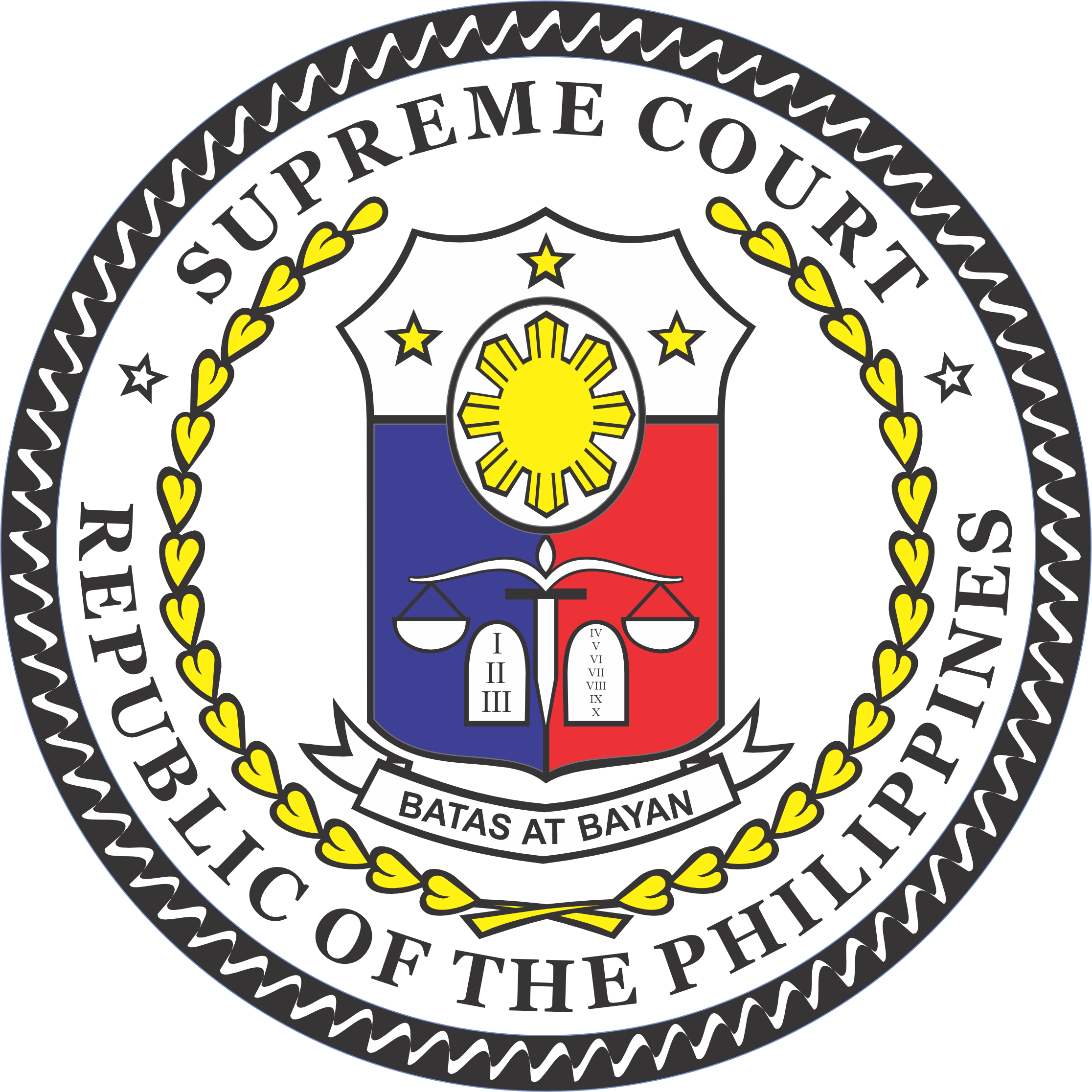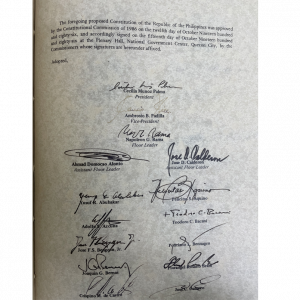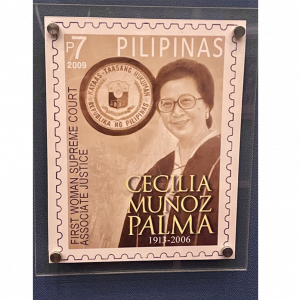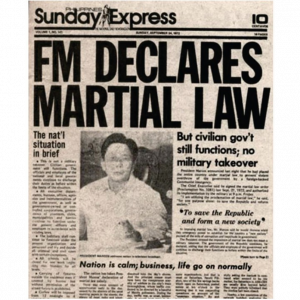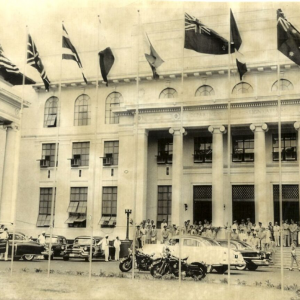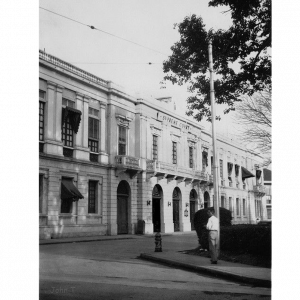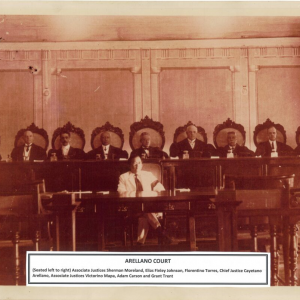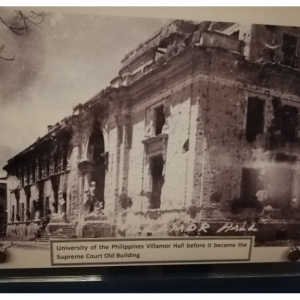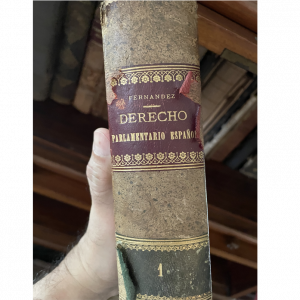JSCC Holds Justice Zone Dialogue in Naga City
November 10, 2022
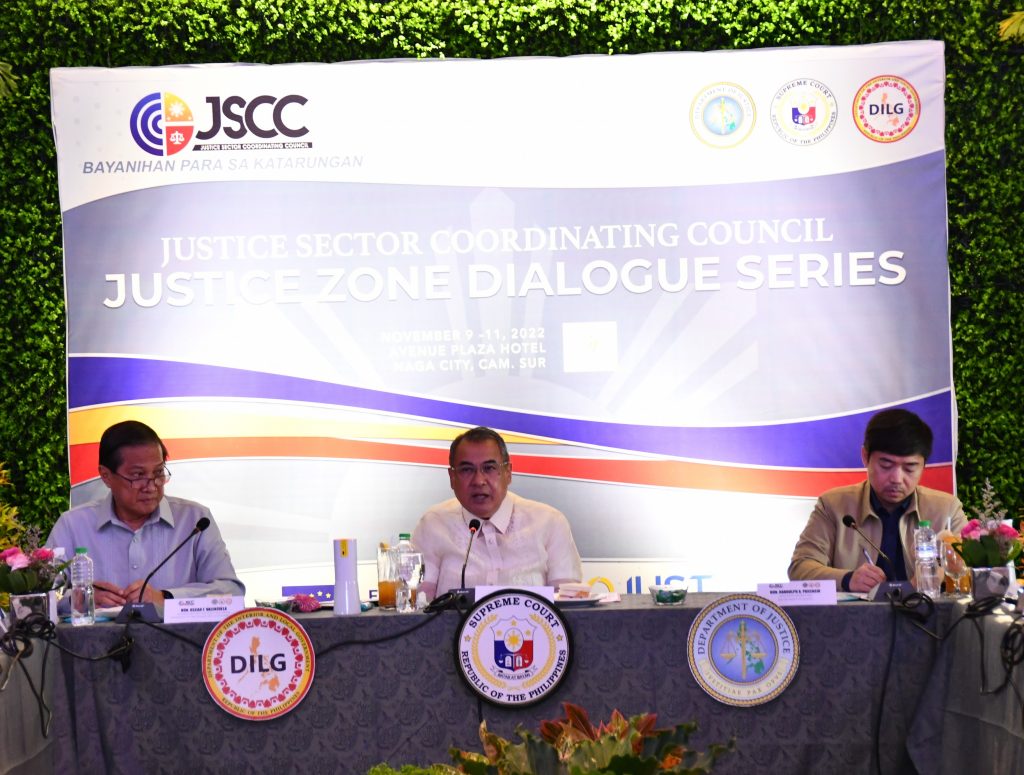
Chief Justice Alexander G. Gesmundo leads the Justice Sector Coordinating Council (JSCC) in the third leg of the Justice Zone Dialogue series at Avenue Plaza Hotel in Naga City on November 10, 2022. With him are Department of Interior and Local Government Undersecretary for Peace and Order Oscar F. Valenzuela (left) and Department of Justice Assistant Secretary Randolph A. Pascasio (right). (Courtesy of the Supreme Court – Public Information Office)
The principals of the Justice Sector Coordinating Council (JSCC), led by Chief Justice Alexander G. Gesmundo, today convened the third leg of the Justice Zone Dialogue series at Avenue Plaza Hotel in Naga City.
The JSCC is comprised of the Supreme Court of the Philippines, the Department of Justice (DOJ), and the Department of Interior and Local Government (DILG).
Chief Justice Gesmundo underscored the importance of the dialogue series to the Judiciary, saying that the Court is “in a continuing process to further develop and fine-tune the coordinative and administrative structures of our justice zones, as well as our communication protocols and reporting mechanisms in relation to the JSCC, the policy making and senior management body for justice sector coordination.”
He said that the holding of these dialogues help the JSCC determine overarching or common issues across justice zones, citing the most common of which are internet connectivity, capacity for the barangay justice system, jail congestion which is connected to court docket management, capacity and resources for drug dependency exams, among others.
The Chief Justice expressed optimism that the activity will help address these concerns not just on a per-issue basis, but in a manner that leads to meaningful sustainable reforms in terms of policy, structural, or operational improvements and game-changing innovations.
Chief Justice Gesmundo also discussed the Court’s Strategic Plan for Judicial Innovations 2022-2027 (SPJI) which encompasses the ideas, aspirations, plans and proposals of the present members of the Court for the pursuit of one overarching goal: the delivery of timely and responsive justice. The SPJI is a plan anchored on four guiding principles: Timely and Fair Justice, Transparent and Accountable Justice, Equal and Inclusive Justice, and Technologically Adaptive Management. These principles will propel the Court towards achieving three outcomes: Efficiency, Innovation, and Access.
The other JSCC Principals present were Department of Interior and Local Government Undersecretary for Peace and Order Oscar F. Valenzuela, who was joined by Undersecretary for Operations Lord Villanueva; and Department of Justice Assistant Secretary Randolph A. Pascasio, who was joined by Prosecution Attorney, Atty. Danica R. Manalastas.
Undersecretary Valenzuela extended the DILG’s full support to the undertakings of the JSCC, as it stressed its “long standing partnership” with the DILG’s counterparts.
Similarly, DOJ Assistant Secretary Pascasio reaffirmed the DOJ’s “unwavering commitment to the JSCC.”
With the Chief Justice were Senior Associate Justice Marvic M.V.F. Leonen, Justice Amy C. Lazaro-Javier, Justice Samuel H. Gaerlan, and Justice Maria Filomena D. Singh.
Also present were Court of Appeals Justice Jennifer Joy Ong, Court Administrator Raul B. Villanueva, Assistant Court Administrator and Public Information Office Chief Brian Keith F. Hosaka, Assistant Court Administrator Lilian Barribal-Co, Deputy Clerk of Court and Judicial Reform Program Administrator Atty. Laura C.H. Del Rosario, and trial court judges led by Executive Judge Pablo C. Formaran III of the Naga City Regional Trial Court.
Naga City Mayor Nelson S. Legacion was likewise in attendance.
Mr. Christian Eldon, Team Leader of the European Union Governance in Justice Programme (GOJUST Programme) which is the development partner of JSCC in the Justice Zone Dialogue Series, led the representatives from the EU GOJUST Programme,
The first two legs of the Justice Zone Dialogue series were held in Cebu City and Davao City. The face-to-face dialogues among the justice sector stakeholders aim to ensure that the existing Justice Zones will maximize their potentials and continue to be effective mechanisms for coordination and cooperation.
The Justice Zone project adheres to its objective of a swift and fair administration of the criminal justice system. It is established to strengthen the coordination and communication among the principal agencies of the JSCC by serving as a venue and a mechanism for communication, principled cooperation, and studied coordination with great deference to institutional independence.
Apart from Naga City, there are eight other Justice Zones in the country—Quezon City, Cebu City, Davao City, Angeles City, Bacolod City, Calamba City, Balanga City, and Baguio City. The Justice Zones in Balanga City and Baguio City were both inaugurated during the term of Chief Justice Gesmundo. (Courtesy of the Supreme Court – Public Information Office)
